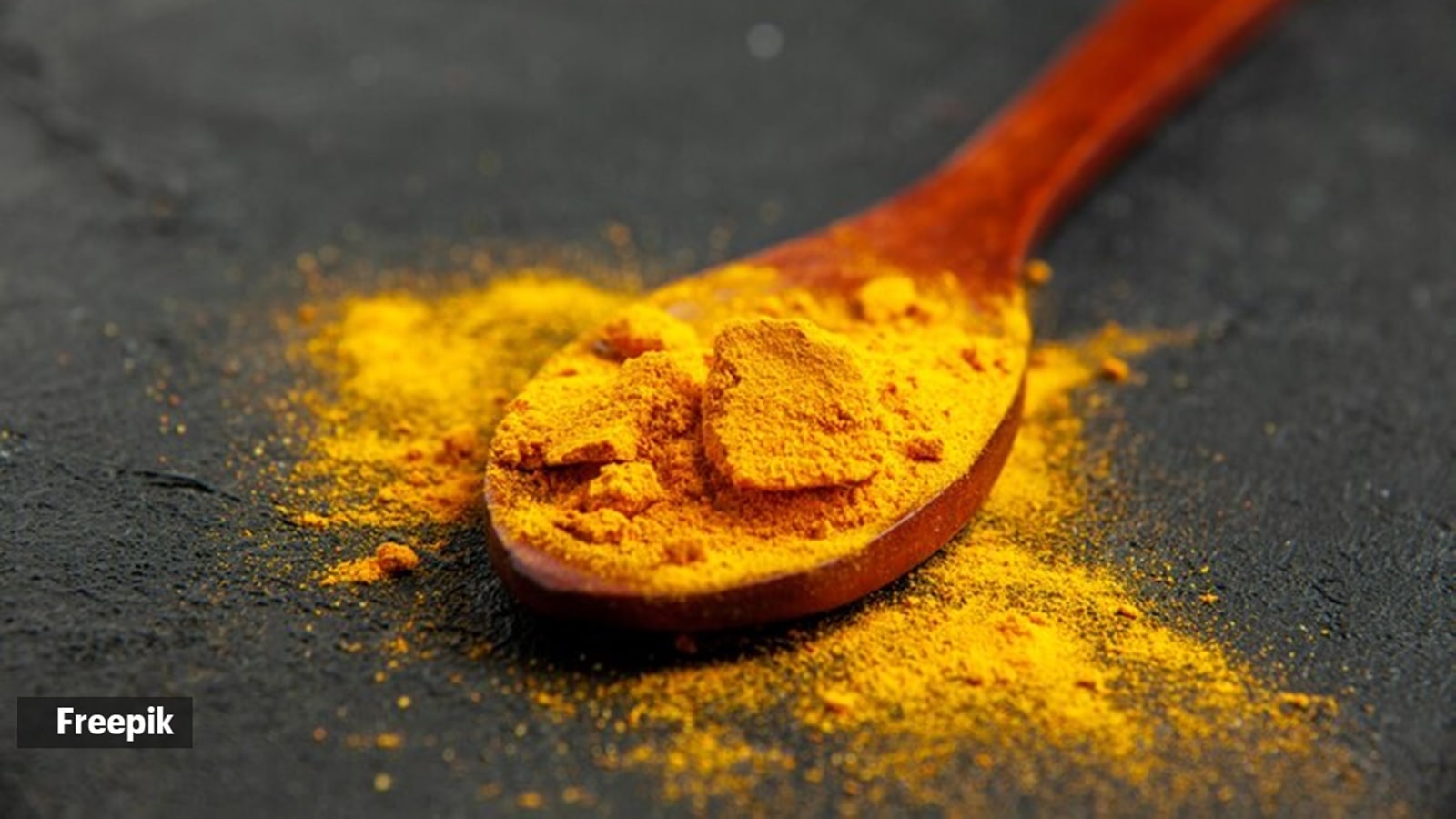Your diet plays a critical role in how you feel and go about your day. This is why gastroenterologist Dr Saurabh Sethi believes in consuming a healthy diet that includes three herbs he swears by. In an Instagram video, he listed the three herbs he uses “for my own gut health as a gastroenterologist,” adding that the “last one is my go-to after dinner.”
The active ingredient in turmeric helps reduce gut inflammation by blocking key inflammatory pathways, said Dr Sethi.
Moringa
Dr Sethi “likes to consume moringa in my evening green smoothie”. Moringa is rich in polyphenols, flavonoids, and isothiocyanates, which are powerful compounds that reduce gut inflammation, support liver health, and even act as natural antimicrobials to rebalance gut bacteria, he added.
Fennel seeds
He also likes to chew on a teaspoon of fennel seeds after dinner.
But are these beneficial? Let’s find out.
Dr Narander Singla, lead consultant, internal medicine, CK Birla Hospital, Delhi, said these three herbs — fennel seeds, moringa, and turmeric — are commonly recommended not just in traditional medicine but also increasingly in integrative gastroenterology, due to their potential digestive and anti-inflammatory benefits. “However, like with any natural remedy, moderation and individual suitability are key,” Dr Singla asserted.
Turmeric (Curcumin)
Clinical relevance
Turmeric, particularly its active compound curcumin, has well-documented anti-inflammatory and antioxidant effects. It is often used adjunctively in conditions like gastritis, inflammatory bowel disease (IBD), and even fatty liver, said Dr Singla.
Story continues below this ad
Dr Manjusha Agarwal, senior consultant, internal medicine, Gleneagles Hospital Parel Mumbai, added that turmeric is a game-changer and should be one’s go-to herb for reducing inflammation in the gut. “Its active compound, curcumin, helps improve digestion and can ease bloating. It can be used in curries or even warm milk. It also supports liver health and boosts immunity, making it a great all-rounder for daily use. So, try and use a little turmeric in subzis, dal, and you will be sorted,” suggested Dr Agarwal.
 Here’s what to note (Photo: Freepik)
Here’s what to note (Photo: Freepik)
How to use
– ¼ to ½ teaspoon daily with black pepper (to enhance absorption) in warm milk or food.
– Curcumin supplements may be used in therapeutic doses under medical guidance.
Benefits
– Reduces gut inflammation and oxidative damage.
– May aid in digestion and reduce gas.
– Emerging evidence supports its role in managing IBS or inflammatory bowel syndrome symptoms.
What to note:
Story continues below this ad
– Absorption is poor unless combined with fat or piperine (from black pepper), said Dr Singla.
– High doses may irritate the stomach in sensitive individuals.
Moringa
Clinical relevance
Moringa is packed with vitamins, minerals, and antioxidants. “While not directly a digestive herb, its anti-inflammatory and nutritional properties can support gut health, immunity, and metabolic function,” said Dr Singla.
How to use
– 1–2 teaspoons of moringa powder daily in smoothies or warm water.
– Available in capsule or tea form as well.
Benefits
– Rich in vitamin A, C, calcium, and iron.
– Contains polyphenols that reduce oxidative stress.
– May help with fatigue, gut inflammation, and general wellness.
Story continues below this ad
What to note: May lower blood sugar and blood pressure; people on medication should monitor levels and avoid excessive intake during pregnancy, suggested Dr Singla.
Fennel seeds
Clinical relevance
Fennel seeds are particularly effective for relieving gas, bloating, and post-meal discomfort. “In clinical practice, they are often suggested for patients with mild irritable bowel syndrome (IBS) or functional bloating,” said Dr Singla.
Dr Agarwal reiterated that it helps to prevent gas, cramps, and acidity. “They can be chewed after meals or brewed into tea. They relax the digestive muscles and ease bowel movements. They’re especially useful after heavy or spicy meals, and their mild, sweet flavour is very soothing and tasty,” said Dr Agarwal.
How to use
– Chew ½ to 1 teaspoon of roasted fennel seeds after meals.
– Can also be steeped in warm water to make a soothing tea.
Benefits
Story continues below this ad
– Carminative properties help in expelling gas.
– Can relax gastrointestinal muscles, easing spasms.
– Freshens breath and supports oral hygiene.
What to note: Overuse can cause estrogenic effects, caution in hormone-sensitive conditions, said Dr Singla.
Experts urge that these herbs are beneficial additions to a balanced diet, particularly for individuals seeking to support digestive health and alleviate low-grade inflammation. “But remember, they are adjuncts, not substitutes for medical treatment. Always consult a healthcare provider before starting herbal supplements, especially if you’re pregnant, breastfeeding, or on medications,” said Dr Singla.
DISCLAIMER: This article is based on information from the public domain and/or the experts we spoke to. Always consult your health practitioner before starting any routine.

